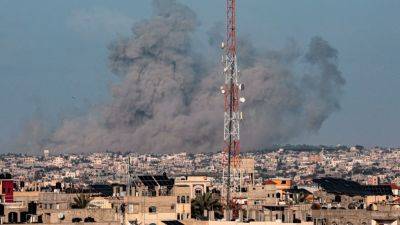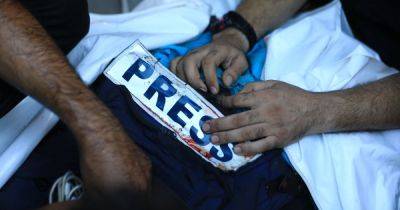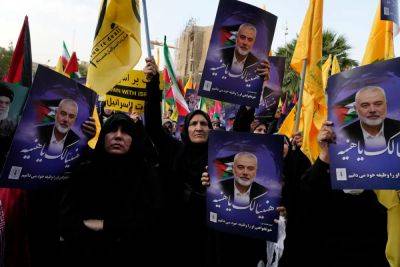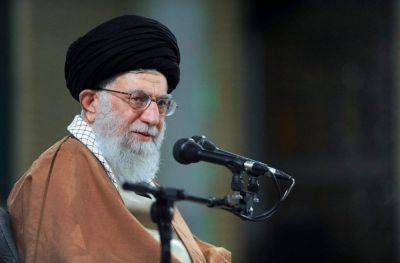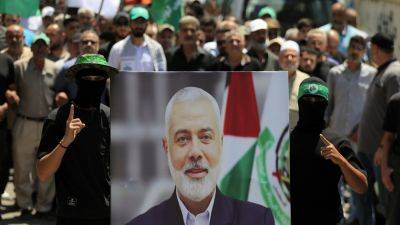Iran’s Options for Retaliation Risk Escalating Middle East Crisis
Most new Iranian presidents have months to settle into the decades-old cadence of gradual nuclear escalation, attacks against adversaries and, episodically, secret talks with the West to relieve sanctions.
President Masoud Pezeshkian had 10 hours.
That was the elapsed time between his swearing-in and the explosion inside an Islamic Revolutionary Guard Corps guesthouse, at 2 a.m. in Tehran, that killed Ismail Haniyeh, the longtime political leader of Hamas. Mr. Haniyeh had not only attended the swearing-in, but had also been embraced by the new president and met that day with the supreme leader, Ayatollah Ali Khamenei, making the assassination a particularly brazen act.
Now Mr. Pezeshkian — along with Ayatollah Khamenei and top military generals — will be immersed in critical choices that may determine whether war breaks out between two of the Mideast’s most potent militaries. He spent his first day in office in national security meetings. The final decision on how to retaliate rests with Mr. Khamenei and on Wednesday he where ordered Iranian forces to strike Israel directly for what appeared to be its role in killing Mr. Haniyeh.
But how that retaliation unfolds makes a difference. If Iran launches direct missile attacks, as it attempted for the first time in 45 years in April, the cycle of strike and counterstrike could easily escalate. If Hezbollah, its closest ally in the region, steps up attacks on Israel’s north or the Houthis expand their attacks in the Red Sea, the war could expand to Lebanon, or involve the need for American naval forces to keep the sea lanes open.
Behind all of those options is perhaps the riskiest choice of all: whether Iran decides to take the final step toward building an actual nuclear weapon.



